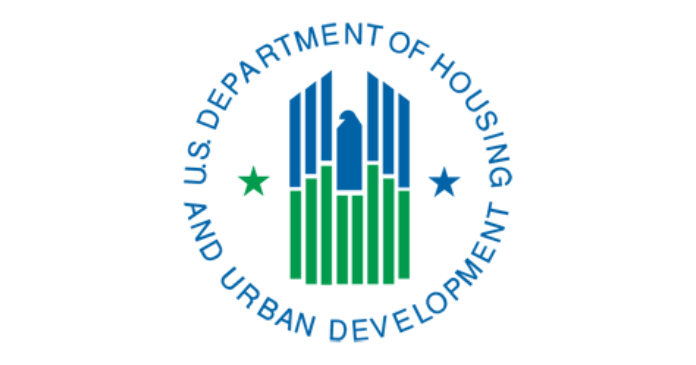
The U.S. Department of Housing and Urban Development (HUD) announced the completion of a $60.2 million Rental Assistance Demonstration (RAD) transaction with the Housing Authority of the City of Atlanta to expand affordable housing options for low-income individuals and families at Cosby Spear Highrise.
“Here at HUD, we work every day to ensure that the homes of the families we serve are not just affordable, but safe, resilient, and quality places where people can thrive,” said HUD Head Secretary Adrianne Todman. “Today, we continue to deliver for these communities – many of whom have been historically disadvantaged and left out – helping to construct and rehabilitate hundreds of affordable homes for Atlanta residents.”
Cosby Spear Highrise, constructed in 1972, will be substantially rehabilitated featuring modern amenities and energy-efficient improvements. Once completed, the property will include new roofing, windows, fencing, kitchens, bathrooms, electrical panels, and heating, ventilation, and air conditioning systems.
“Through RAD, we are delivering funds that will transform Cosby Spear Highrise and the surrounding community into a place that residents can enjoy for many years to come,” said Deputy Assistant Secretary for Multifamily Housing Programs Ethan Handelman.
The total construction cost is $60.2 million or approximately $213,000 per home and will be financed through a commercial first mortgage and equity from four percent Low-Income Housing Tax Credits.
RAD was designed to help address the multi-billion-dollar nationwide backlog of deferred maintenance in the public housing portfolio and to stem the loss of affordable housing that could no longer be kept to decent standards. From the program’s inception through the present, the Rental Assistance Demonstration has facilitated more than $21 billion in capital investment to improve or replace over 215,000 rent-assisted homes, most of which house extremely low-income families, seniors, and persons with disabilities.
Under RAD, projects funded under the public housing program convert their public housing assistance to project-based Section 8 rental assistance. Under Section 8, residents continue to pay 30 percent of their income towards rent and the housing must continue to serve those with very low and extremely low incomes, as was the case when the property was assisted through the public housing program. Residents must be notified and consulted prior to conversion, are given a right to return to assisted housing post-construction so that the same tenants can enjoy these newly preserved and improved apartments and maintain the same fundamental rights they had as public housing residents.











